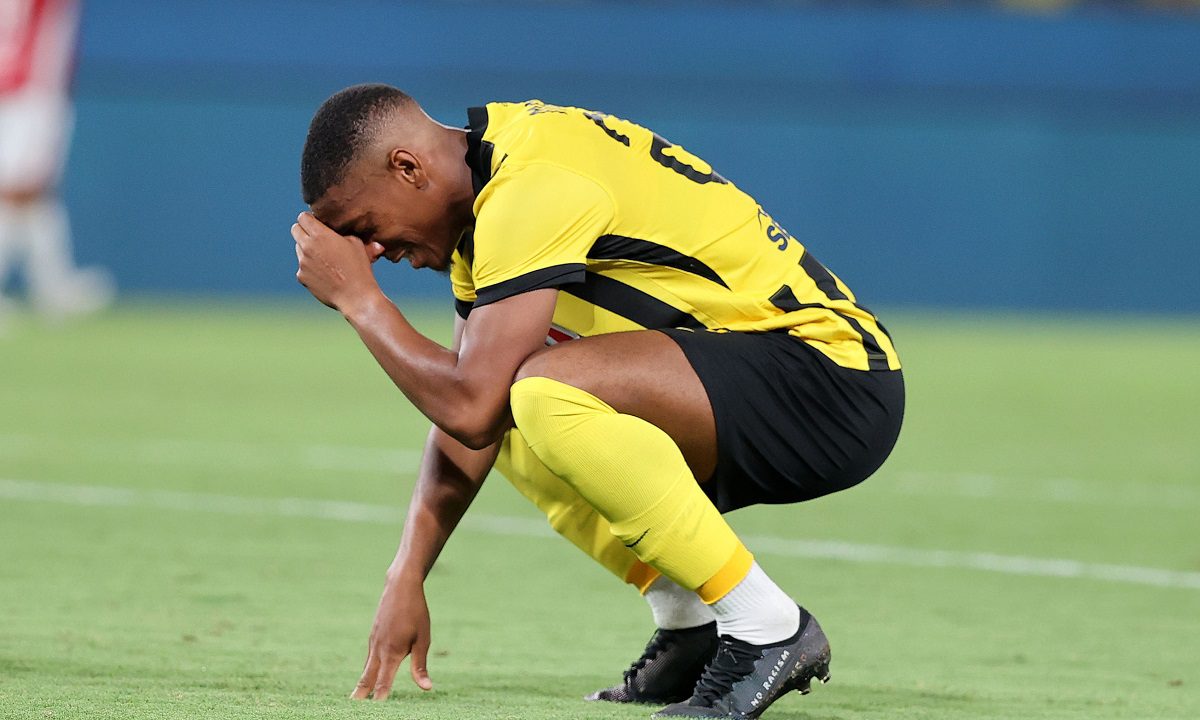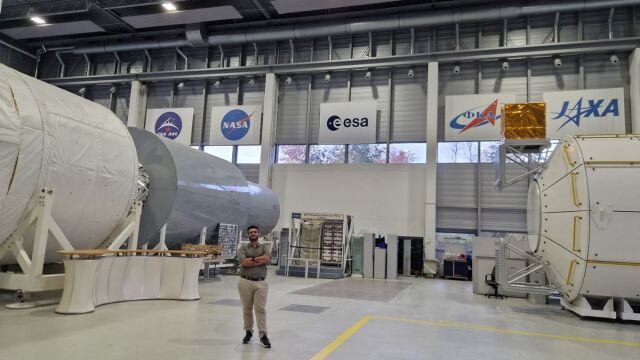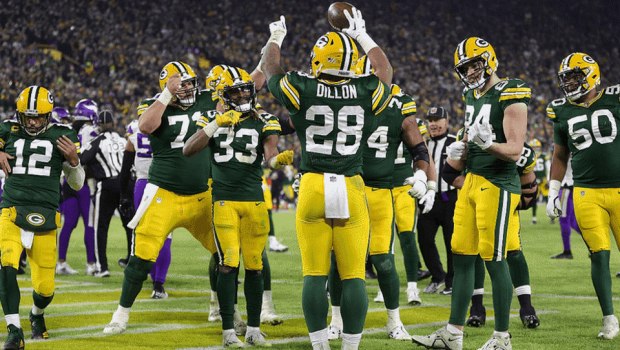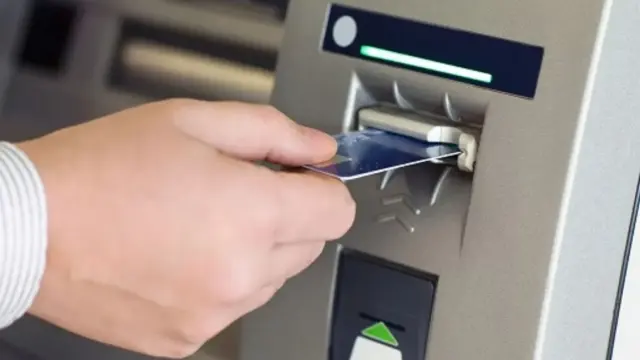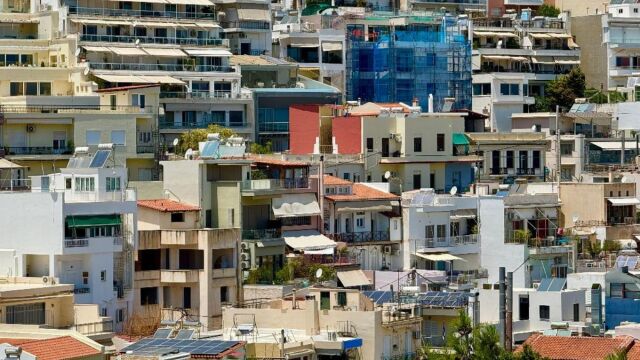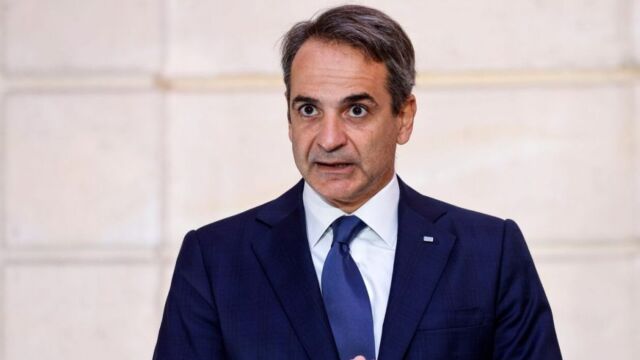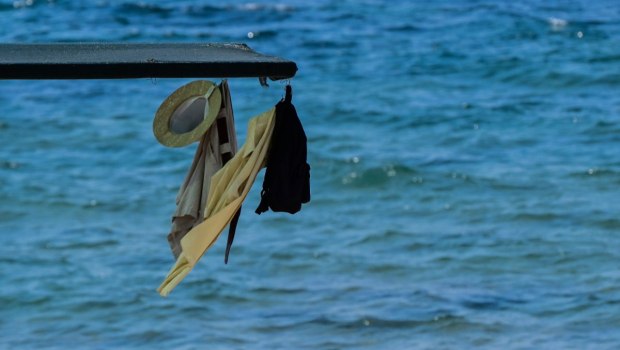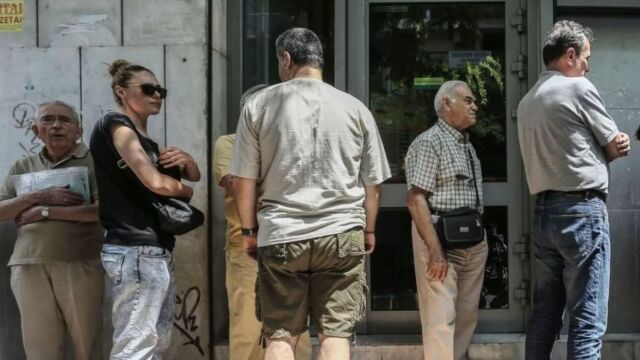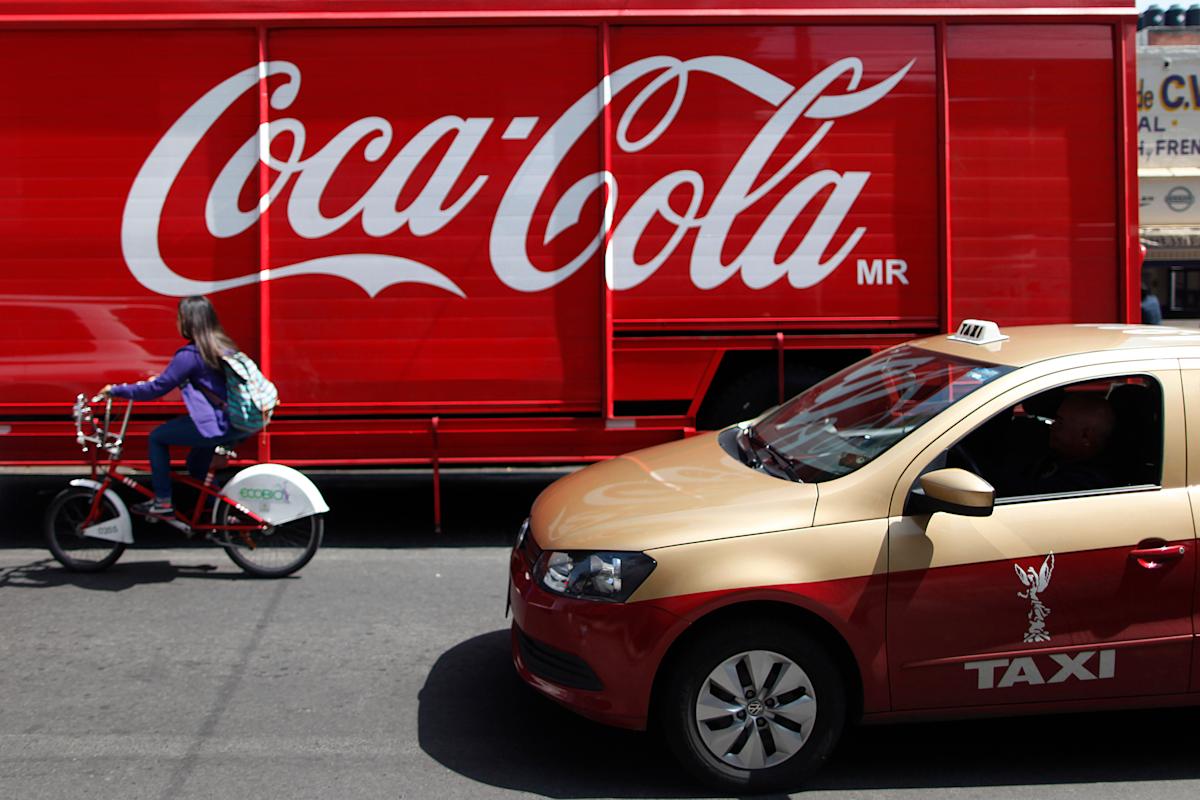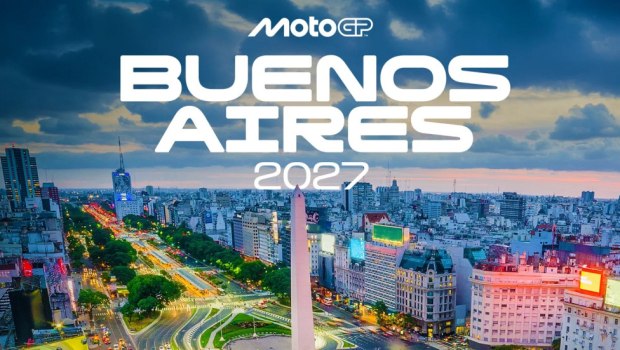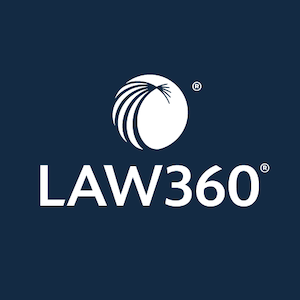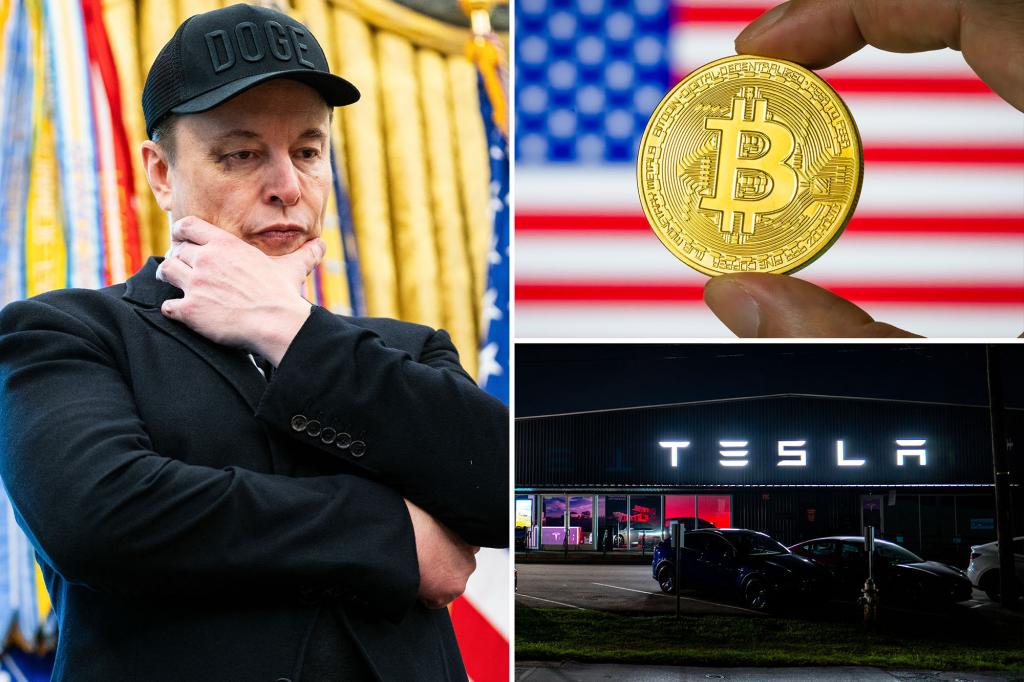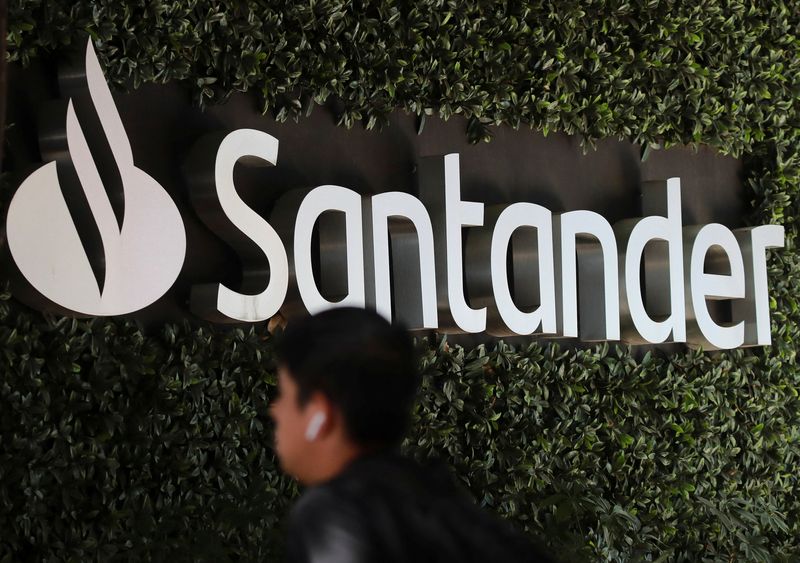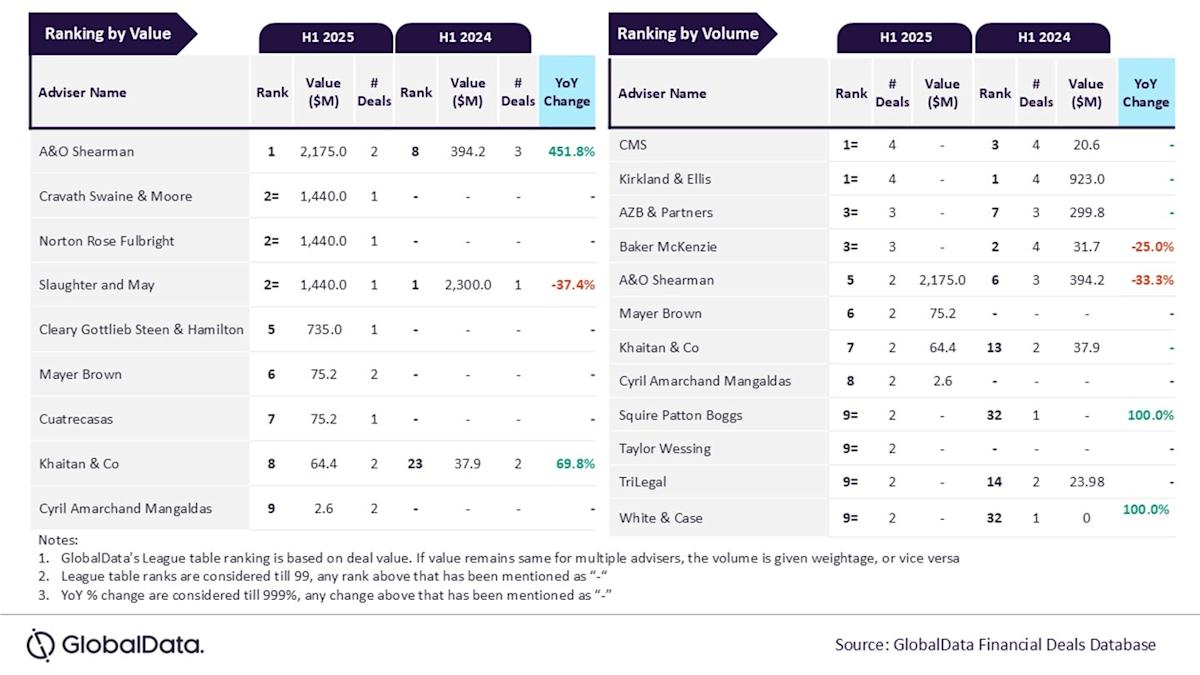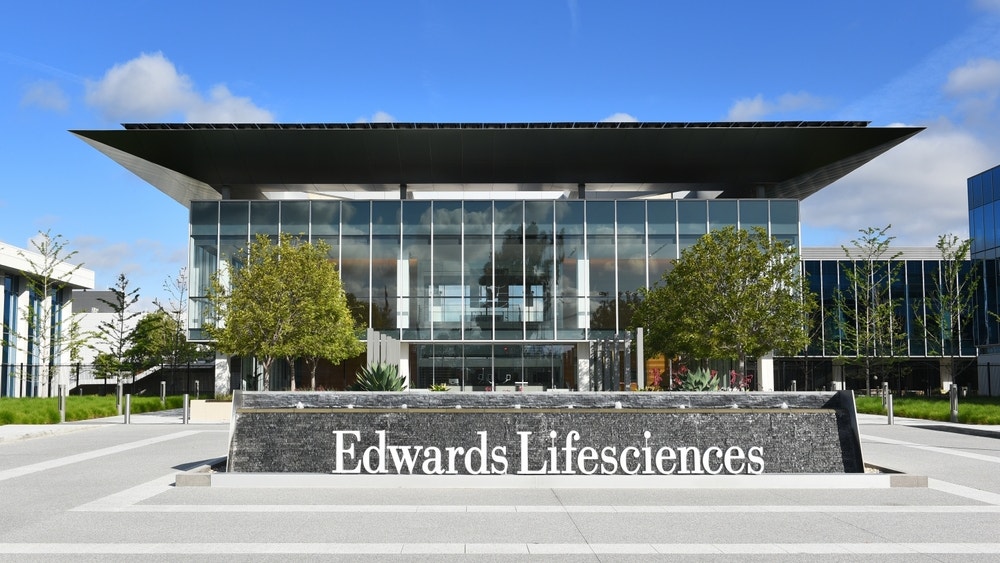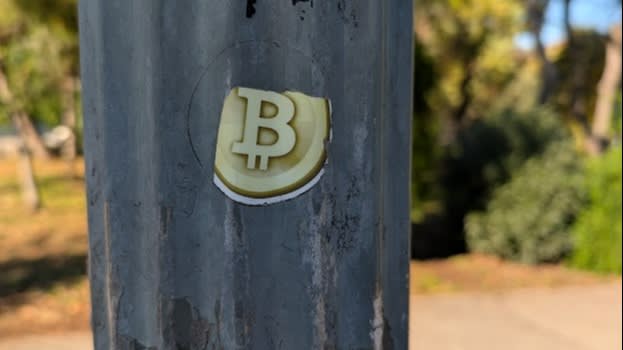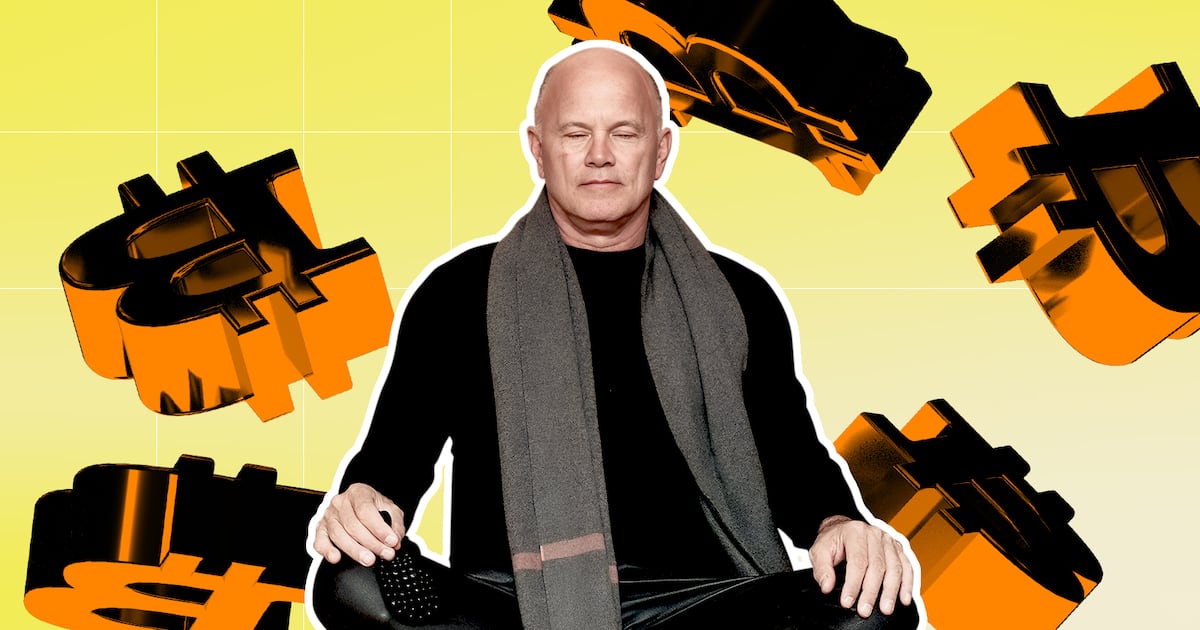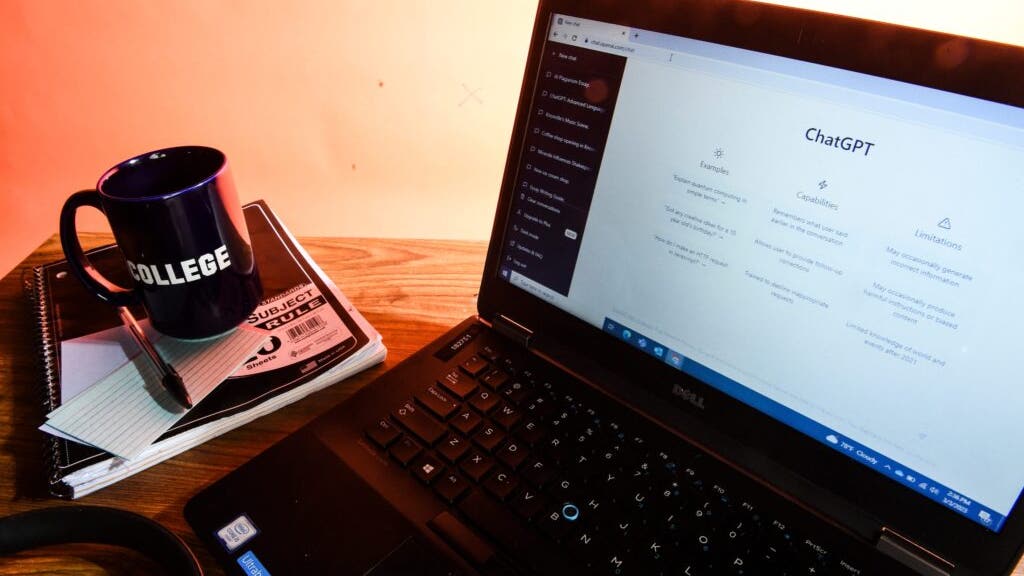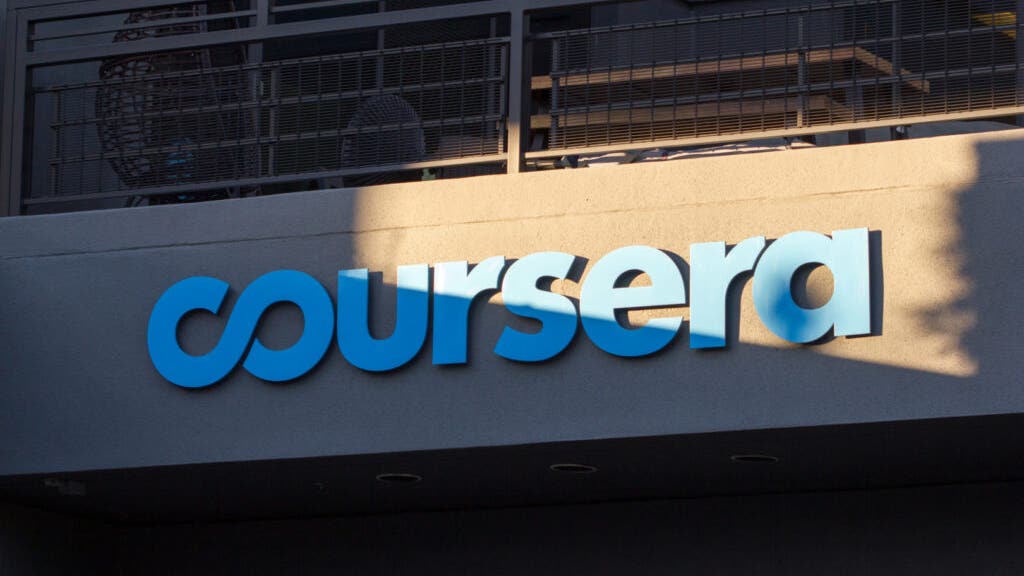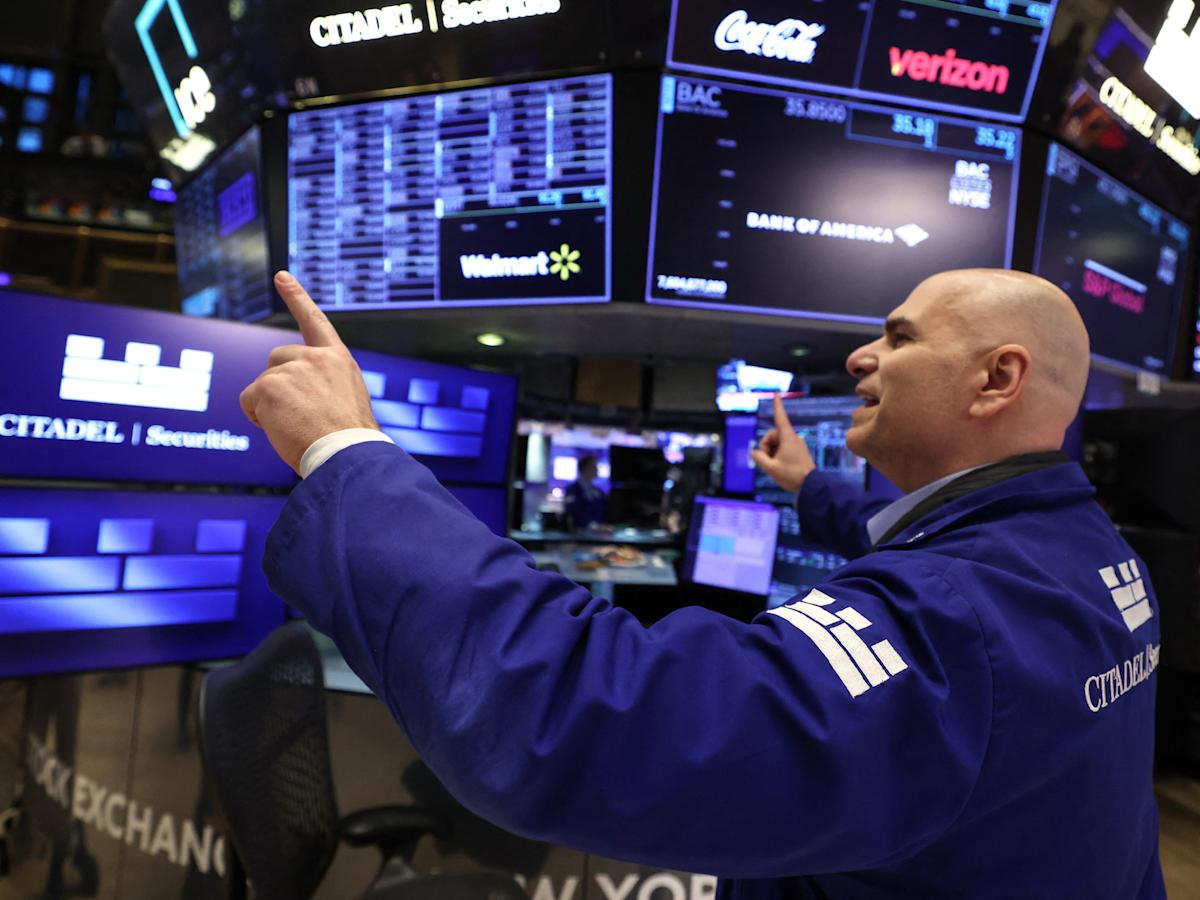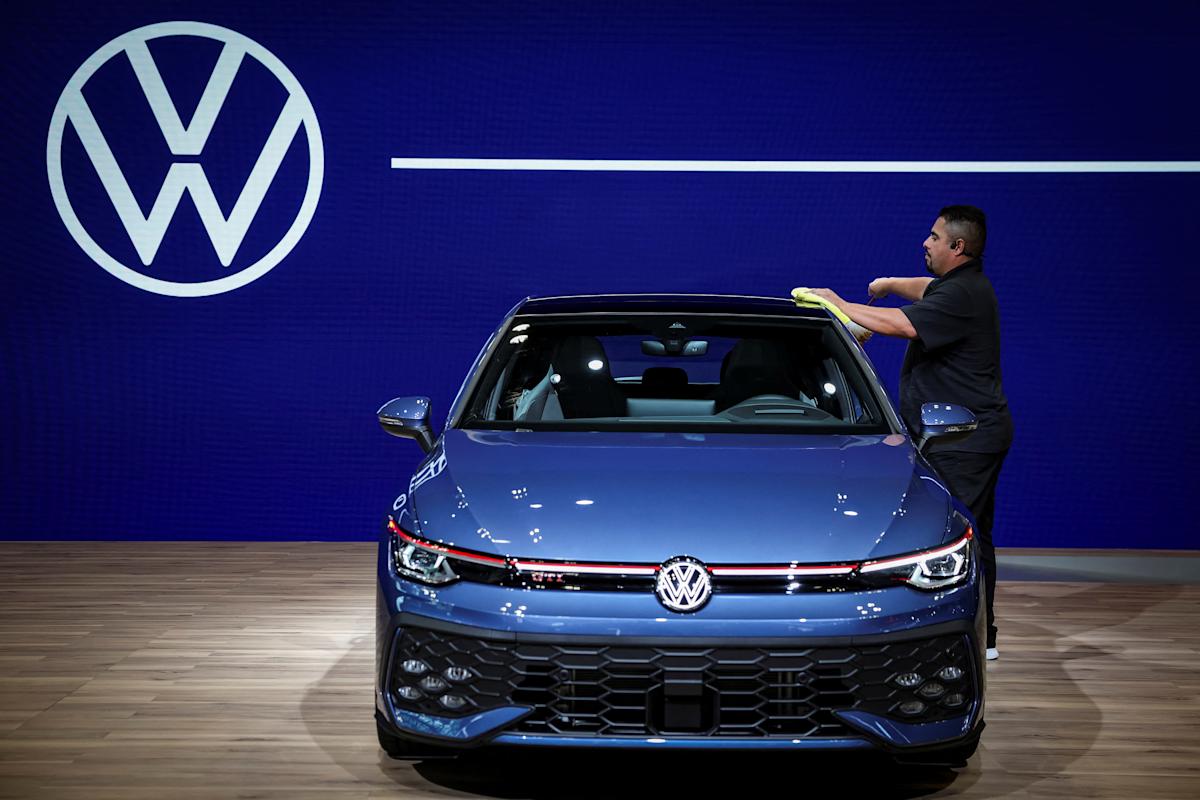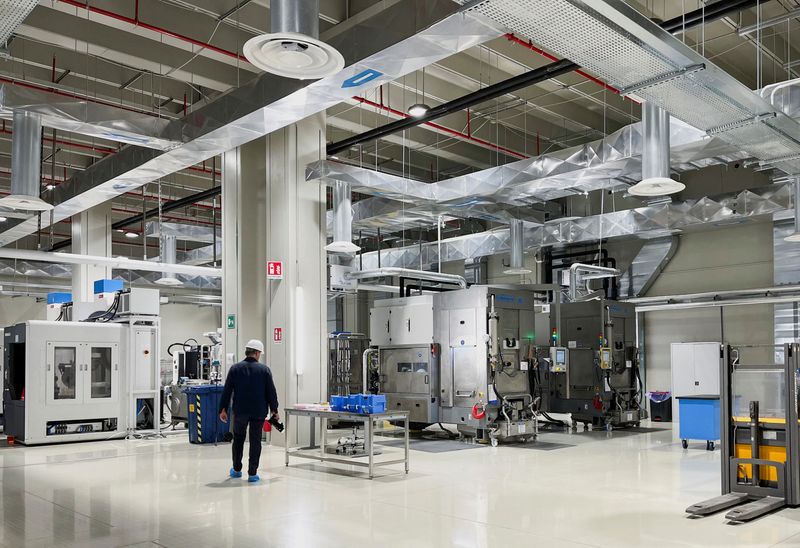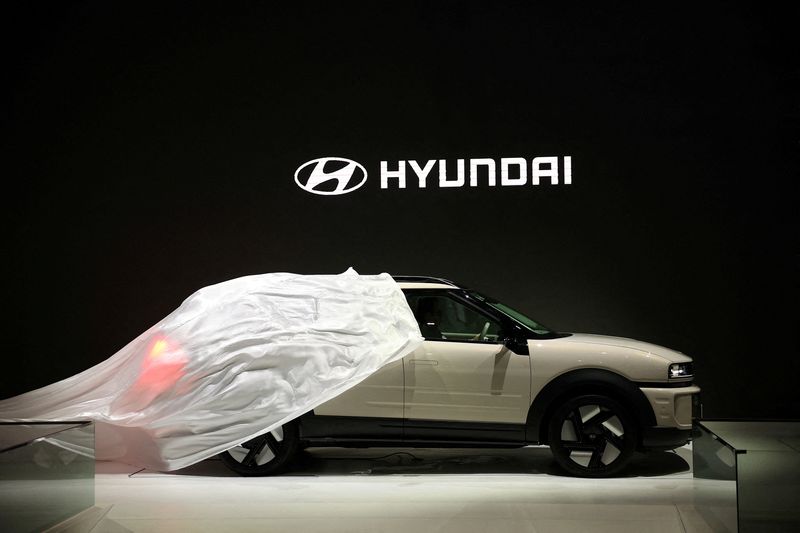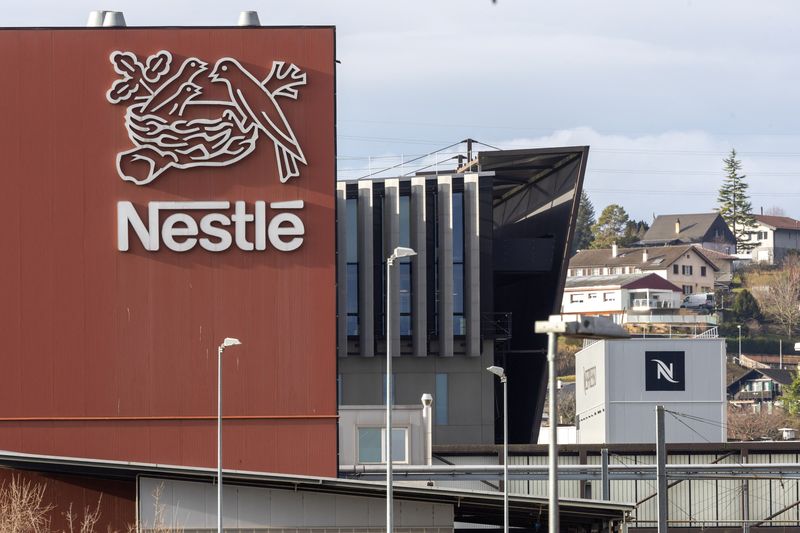Coca-Cola's failed coffee investment faces uncertain future
"They paid 16.4x EBITDA, which was staggeringly high, even back then," Higgs noted.
However, the business may not be up for sale in the near future. Coca-Cola recently folded Costa into its Europe, Middle East, and Africa division, sunsetting the standalone Global Ventures unit, according to Coca-Cola's 8-K filing. If the company was prepping a sale, keeping it separate would've made more sense, per Higgs.
That said, Quincey is not afraid to cut losses. He already slashed Coca-Cola's brand portfolio by half in 2020, nixing brands like Odwalla, Hubert's Lemonade, and Zico's coconut water.
Coca-Cola's second quarter revenue increased 1% year over year to $12.5 billion, with adjusted earnings per share growing 58% to $0.88, surpassing Wall Street's expectations. However, global unit case volumes declined by 1%, indicating soft demand in key markets.
Coca-Cola's stock has gained 12% year to date, outperforming the S&P 500's (^GSPC) 9% advance and rival PepsiCo's (PEP) 4% drop.
Scaling up Costa's RTD offerings could still offer growth, particularly in international markets, as competitors like Starbucks aggressively fight for the US. In North America, Starbucks operates through a joint venture with PepsiCo (PEP), which helps it distribute RTD products like bottled frappuccinos.
In contrast, Coca-Cola has largely treated Costa as a test-and-learn project, Stanford said. This lack of clear commitment has contributed to the brand's stagnation. Its RTD launches have lacked the scale and support of a typical Coca-Cola rollout.
"That RTD brand is so small and sporadic in terms of distribution it doesn’t even show up on our data," Stanford added.
"Costa still has potential," Rattigan said. "But at this point, it really comes down to whether Coca-Cola has the capacity, and the willingness to finally prioritize it."
Francisco Velasquez is a Reporter at Yahoo Finance. He can be reached on LinkedIn and X, or via email at
Content Original Link:
" target="_blank">

